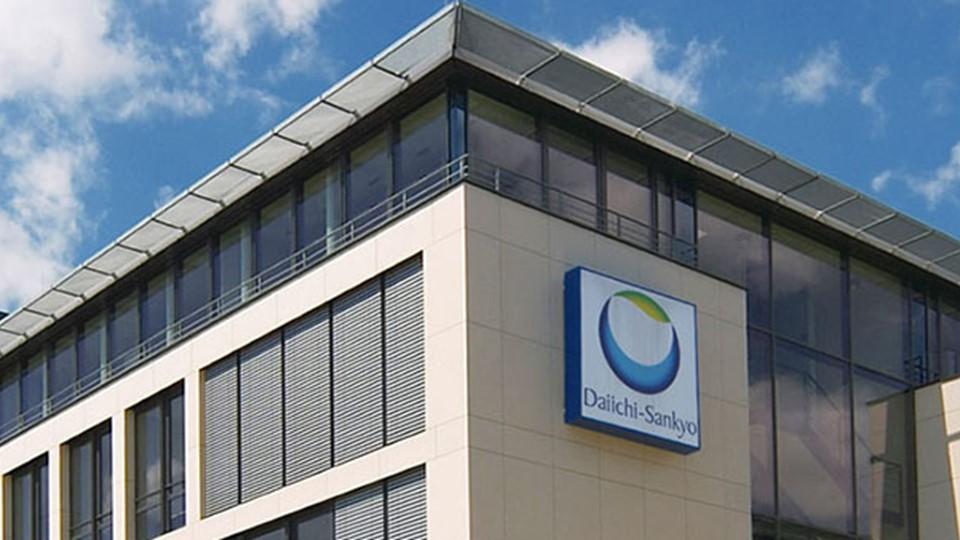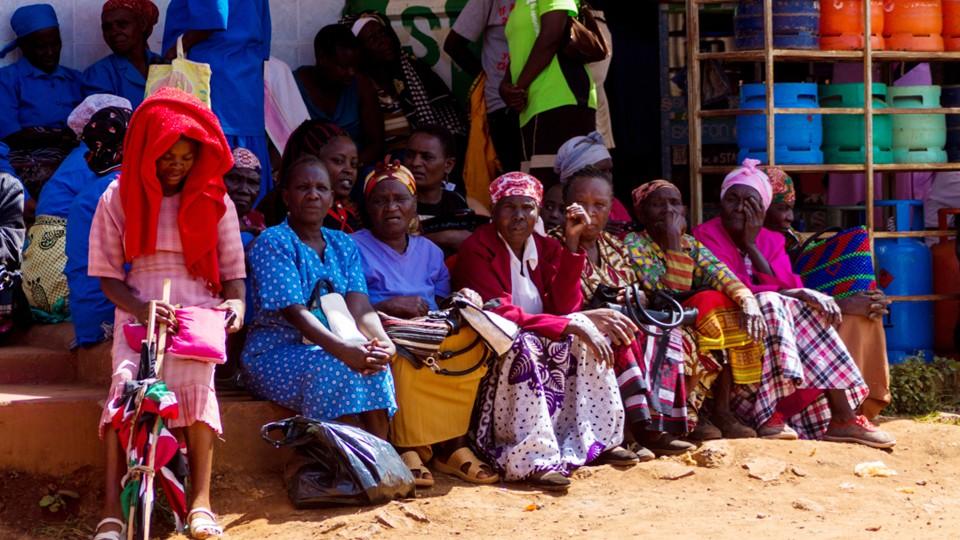AZ, Daiichi Sankyo file Dato-DXd for second indication

AstraZeneca and Daiichi Sankyo have moved swiftly to file for FDA approval of a second indication for their TROP2-directed antibody-drug conjugate datopotamab deruxtecan (Dato-DXd), this time for breast cancer.
The second biologics license application (BLA) is for the treatment of adults with unresectable or metastatic hormone receptor-positive, HER2-negative breast cancer who have received prior systemic therapy, with a decision expected in the first quarter of 2025.
AZ and Daiichi Sankyo filed Dato-DXd with the FDA in February for adults with locally advanced or metastatic non-squamous non-small cell lung cancer (NSCLC) who have received prior systemic therapy, with a decision on that indication due in December. It is also under review in Europe for both indications.
The new BLA is based on the results of the TROPION-Breast01 trial, which showed a statistically significant improvement with Dato-DXd on progression-free survival (PFS) compared to investigator’s choice of chemotherapy in patients with this type of breast cancer who had been previously treated with endocrine-based therapy and at least one systemic therapy. It found a median PFS of 6.9 months for Dato-DXd vs 4.9 months for chemo.
“Despite marked progress in the treatment of HR-positive, HER2-negative breast cancer, most patients with advanced disease develop endocrine resistance and face the prospect of one or several lines of chemotherapy,” said AZ’s head of oncology R&D, Susan Galbraith.
“If approved, datopotamab deruxtecan has the potential to provide these patients an efficacious and better tolerated alternative to conventional chemotherapy,” she added.
If approved, Dato-DXd would become a rival to Gilead Sciences’ already-approved TROP2 ADC Trodelvy (sacituzumab govitecan), which is used for previously treated metastatic triple-negative breast cancer (TNBC), HR-positive/HER2-negative metastatic breast cancer, and metastatic urothelial cancer.
AZ licensed rights to Dato-DXd in July 2020 for $1 billion upfront, plus up to $5 billion in regulatory and sales milestones. It was the second major licensing deal between the two companies, coming after a $6.9 billion deal for HER2-directed ADC Enhertu (trastuzumab deruxtecan) in the previous year.
Enhertu has already achieved blockbuster status, with sales of more than $2.5 billion last year, with analysts at Jefferies predicting last year that it could eventually bring in $12.5 billion at its peak. They have even higher expectations for Dato-DXd, suggesting it could go as high as $18 billion a year.












